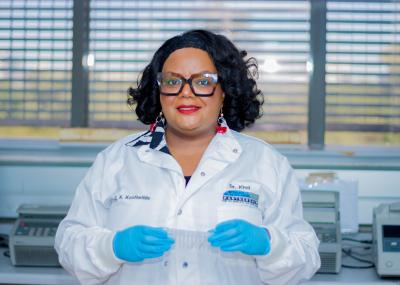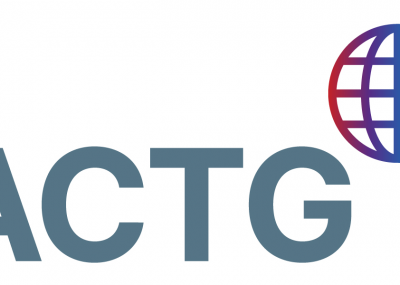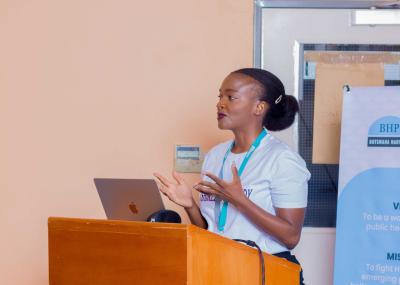Introduction: Cryptococcal meningitis is responsible for around 15% of all HIV-related deaths globally. Conventional treatment courses with amphotericin B require prolonged hospitalisation and are associated with multiple toxicities and poor outcomes. A phase II study has shown that a single high dose of liposomal amphotericin may be comparable to standard treatment. We propose a phase III clinical endpoint trial comparing single, high-dose liposomal amphotericin with the WHO recommended first-line treatment at six sites across five counties. An economic analysis is essential to support wide-scale implementation.
Methods and analysis: Country-specific economic evaluation tools will be developed across the five country settings. Details of patient and household out-of-pocket expenses and any catastrophic healthcare expenditure incurred will be collected via interviews from trial patients. Health service patient costs and related household expenditure in both arms will be compared over the trial period in a probabilistic approach, using Monte Carlo bootstrapping methods. Costing information and number of life-years survived will be used as the input to a decision-analytic model to assess the cost-effectiveness of a single, high-dose liposomal amphotericin to the standard treatment. In addition, these results will be compared with a historical cohort from another clinical trial.
Ethics and dissemination: The AMBIsome Therapy Induction OptimisatioN (AMBITION) trial has been evaluated and approved by the London School of Hygiene and Tropical Medicine, University of Botswana, Malawi National Health Sciences, University of Cape Town, Mulago Hospital and Zimbabwe Medical Research Council research ethics committees. All participants will provide written informed consent or if lacking capacity will have consent provided by a proxy. The findings of this economic analysis, part of the AMBITION trial, will be disseminated through peer-reviewed publications and at international and country-level policy meetings.
Trial registration: ISRCTN 7250 9687; Pre-results.




